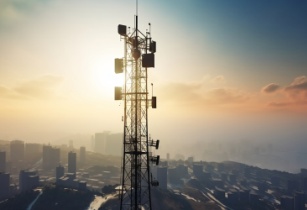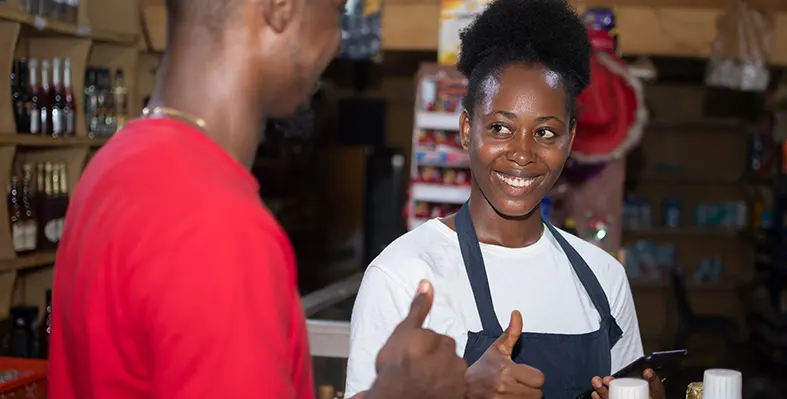Cell C has completed its network migration ahead of schedule, and is now operating with access to 14,000 towers countrywide
More than 12,000 sites 4G/LTE have been enabled, Cell C said. Cell C's customers will be able to acces expanded national coverage, better quality connection, fewer dropped calls and generally a more stable network during loadshedding as the partner network is investing in back-up power.
"This is a huge milestone for Cell C and our valued customers," explained Schalk Visser, Cell C's chief technology officer. "We have effectively increased our network access close to three-fold in less than three years, from 5,500 towers to 14,000. We are the first mobile operator to think about our network strategy differently and instead of trying to build out an expensive and unsustainable network we chose to become a buyer of network services."
Technology advances have enabled this approach. Cell C deactivated its own physical tower and radio access network (RAN) and seamlessly migrated prepaid and Mobile Virtual Network Operator (MVNO) customers to a virtualised RAN enabled by a network infrastructure partner. Cell C uses its own spectrum and is still fully in control of the customer experience.
This innovation has changed the telecommunications landscape, with the market now made up of those that own infrastructure and those that buy Infrastructure as a Service.
"This ground-breaking model has propelled Cell C's network footprint forward by 20 years," commented Visser. "We now have access to best-in-class infrastructure, can benefit from scale and have simultaneously reduced our network expenses and capital expenditure on costly infrastructure."
Without this technology, Cell C would have had to invest billions yearly to roll out a physical radio access network in the traditional mobile network operator model.
"We can now focus our investment and energies into innovating products and services that will add value to customers, knowing that we can operate from a competitive platform that offers the same quality connectivity to all South Africans," added Visser.






















